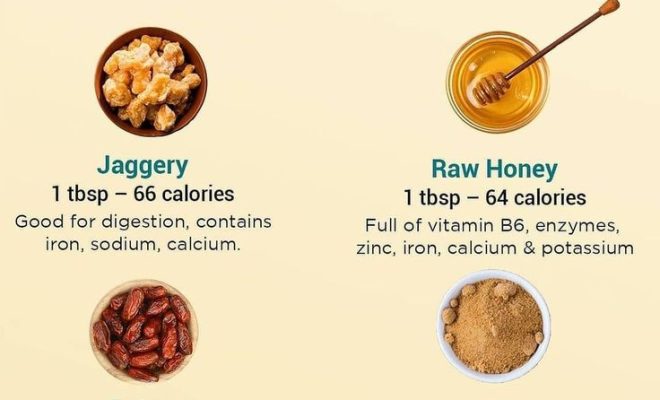4 Best Supplements to Control Blood Sugar Naturally

Controlling blood sugar is a critical aspect of managing diabetes and preventing its associated risks. Fortunately, apart from medications, certain natural supplements can be beneficial for blood sugar regulation. Below we’ve highlighted four of the best supplements known to help control blood sugar levels naturally.
1.Cinnamon: Cinnamon is more than just a kitchen spice; it has been studied for its ability to decrease blood sugar levels. It’s believed that cinnamon can mimic insulin and may increase insulin sensitivity, which leads to an improvement in glucose control. For individuals looking to add cinnamon to their diet, it is suggested to use the Ceylon variety of cinnamon for potentially effective results.
2.Alpha-lipoic acid (ALA): This antioxidant is naturally found in foods like spinach, broccoli, and potatoes. Studies suggest that ALA supplements may enhance the body’s insulin sensitivity and help reduce blood sugar levels. ALA may also have an added benefit of reducing peripheral neuropathy or nerve damage caused by diabetes, providing dual benefits for those managing the condition.
3.Berberine: Berberine is a compound extracted from several different plants, which has been used extensively in traditional Chinese medicine. It has been shown to effectively lower blood sugar levels in people with type 2 diabetes. Berberine works by improving insulin sensitivity and increasing glycolysis, helping to breakdown sugars inside cells.
4.Magnesium: Magnesium plays an essential role in glucose control and insulin metabolism. A magnesium deficiency is common in people with diabetes, and supplementing with this mineral may improve insulin resistance according to numerous studies. Foods rich in magnesium include nuts, seeds, whole grains, leafy green vegetables, and legumes.
Including these supplements as part of a comprehensive lifestyle that involves a balanced diet and regular exercise could aid those striving for better blood sugar management. However, it’s important for individuals to consult with a healthcare provider before starting any new supplement regimen, especially because some supplements can interact with other medications or underlying health conditions.






